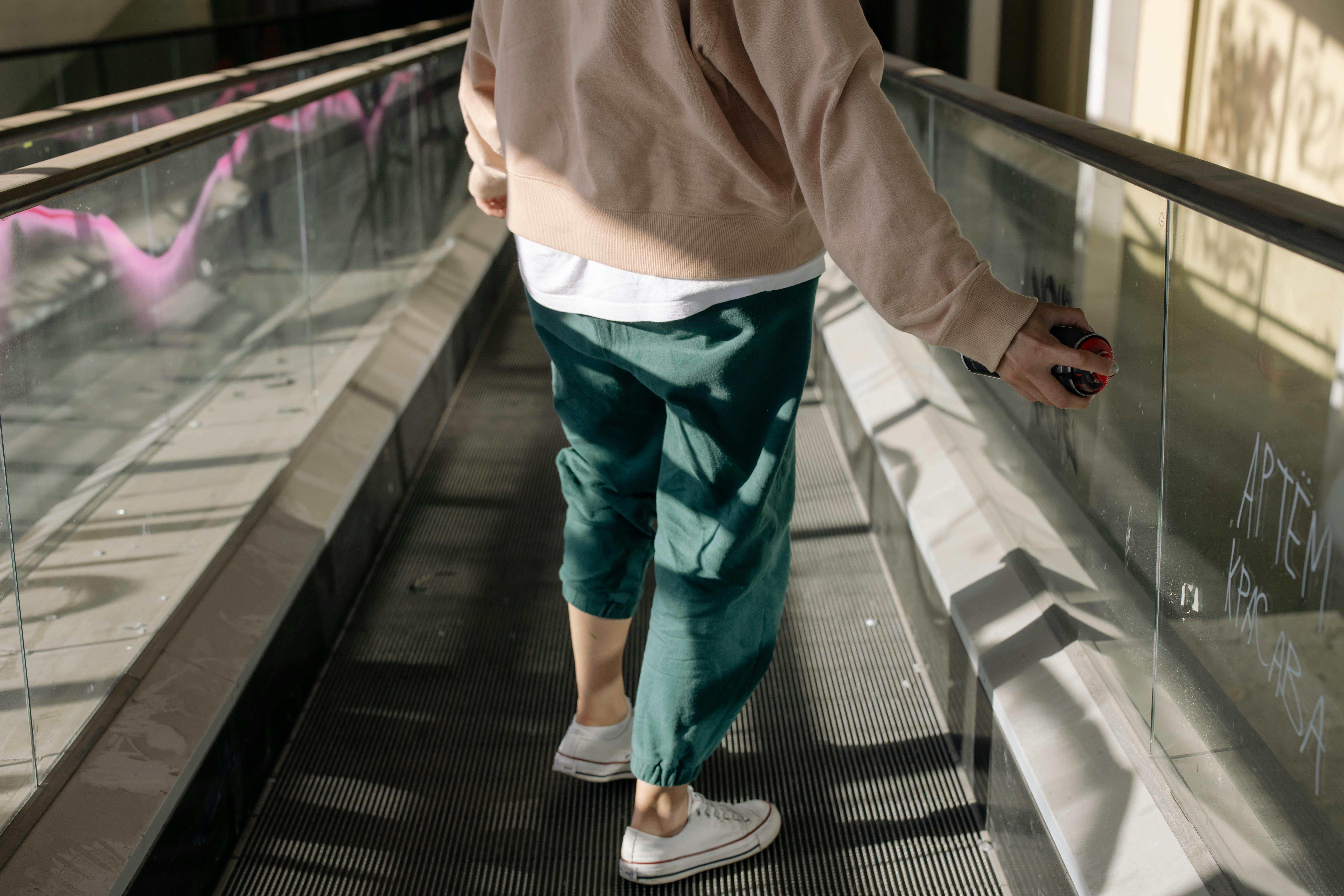John Akii-Bua: Attempt to break the world record for hurdles in Africa and the renaming of Stanley Road
John Akii-Bua of Uganda was promoted by dictator Idi Amin Dada to Assistant Inspector of the Police Force and Kampala’s main road is named after renowned Welsh-American adventurer-soldier-explorer-journalist Henry Morton Stanley was renamed by the dictator as “Akii-Bua Road”. This was just a few months after Akii lowered the 400m hurdles world record to 47.82 seconds at the Munich Olympics in early September 1972. Among many other things, Henry Stanley is famous for extolling Uganda as the “Pearl of Africa”. In fact, Henry Stanley often stated or implied that he was the first to attach the term to Uganda.
“… ‘Pearl of Africa’… I applied that… term to Uganda… Many… travelers… explain the term by educating about the fertility of the soil and the variety of its products; but the truth it is that the term aptly illustrates the superior value of Uganda due to its population, the intelligence of its people, its strategic position for trade and for spreading Christianity, all of which make it a pre-eminently desirable colony for a trading and civilizing nation. like ours [England](Stanley 1895: 719-720).
In January 1973, 23-year-old Akii-Bua, fresh from Munich and still much celebrated nationally, was now in Nigeria in front of an excited capacity crowd ready to witness the performance of the first African to win and settle. a world record in such a technical and grueling event. VIPs who attended the athletics event included the President of Nigeria, General Yakubu Gowon. The 400m hurdles requiring speed, timing and jumps are still known as the “man killer”.
On January 11 in Lagos at the Second African Games, in a semi-final heat of 400mh, a relaxed Akii took his time and still won in 50.7. He was very sure that, despite the absence of the best world-class competitors he had ever faced in the Olympics, he would have broken his own world record had he given the effort and technique. He commented, “I ran six hurdles in a 13-stride pattern and then cut back to 14-15 strides in the last 200 meters… at full sprint I would have broken the 48-second mark” (AAP-Reuters: 1973). ).
Akii-Bua would also claim that he had learned a great deal about hurdle technique and perfect timing from his encouraging friend and hurdler ace David (Dave) Hemery of Great Britain, regarded as one of the greatest hurdlers of all time. . In 1968 at the Mexico City Olympics, Hemery set a world record (48.12) in the 400mh final. Hemery finished almost a second ahead of silver medalist Gerhard Hennige of West Germany. Hemery was third in the Munich Olympics. In Lagos, Akii also recounted that he was struck down by malaria six months before the Munich Olympics (AAP-Reuters: 1973).
The line-up for the 400mh final in Lagos notably included William (Bill) Koskei from Kenya, who as an immigrant had competed for Uganda and won a silver medal in the event at the 1970 Commonwealth Games in Edinburgh. Akii was fourth then. But in 1971 in Durham, North Carolina, in a US-Africa matchup, Akii beat Koskei and others and set a world-leading time of 49 seconds. It was then that the athletics world took notice of Akii-Bua, a seemingly relaxed and agile hurdler, as one of the main contenders for gold at the upcoming Munich Olympics. Koskei was also considered an Olympic medal hopeful, but in Munich he would finish fourth in the first round heat and thus be eliminated. Akii, on the other hand, won all three of her heats, including the finals in which she set a world record.
Unlike at the Munich Olympics, in which Akii was drawn in the disadvantaged innermost “narrow” lanes, in the Lagos final, he was placed in a middle lane, which is easier to navigate. The gun went off in Lagos and Akii quickly snapped. He seemed to relax a bit and slow down after the last corner, and then suddenly he picked up speed. Days later, Akii would comment that he had, in fact, slowed down, but as he looked up the stands at jubilant, colorfully uniformed dignitaries that included Nigerian President Gowon, he decided to run faster. He didn’t have to as he was way ahead of the rest of the field. Akii-Bua won in an amazing 48.54 seconds. Although Akii had not achieved his lofty goal of erasing his own world record, the time would go on to be the best in the world in the 400mh in 1973, and remains one of the best ever run on African soil. Almost two seconds behind, William Koskei was second (50.22) in a photo-finish with Silver Ayoo (50.25) from Uganda, who won the bronze medal.
Overall, Uganda was fourth at the Pan African Games in Lagos, and that performance in which the nation won many medals (in athletics and boxing alone) remains Uganda’s best at these Games. Uganda finished with 8 gold medals, 6 silver medals and 6 bronze medals, placing Uganda fourth overall behind Egypt, Nigeria and Kenya respectively.
Works Cited
AAP-Reuters. “Uganda plans attempt at world time”. Canberra Times. January 12, 1973.
Stanley, H.M. “Uganda Railway”. Saturday magazine of politics, literature, science and art. Flight. 79 (1895): 719-720.
